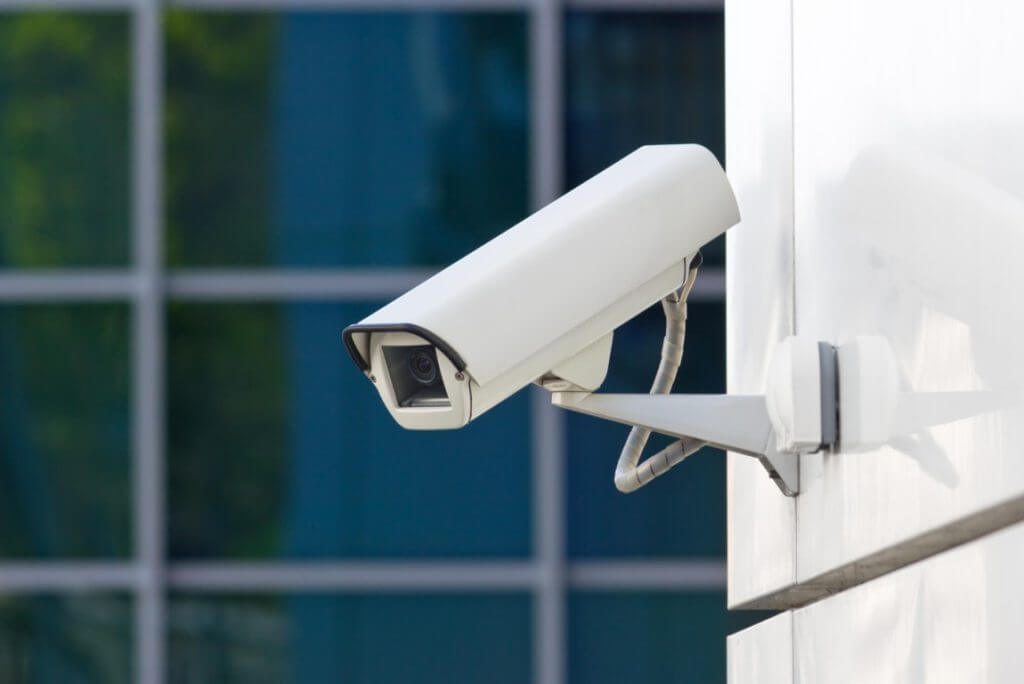As someone who values the safety and security, I understand the importance of investing in a reliable home security system. However, with so many options available on the market, it can be overwhelming to decide between a DIY home alarm or a professional security system. In this article, I will weigh the advantages and disadvantages of both options and provide factors to consider when choosing which one is best for your home security needs.
Introduction to Home Security Systems
DIY Home Alarms - Advantages and Disadvantages
One of the biggest advantages of a DIY home alarm is the cost savings. DIY systems usually have a lower upfront cost and are easy to install without the need for professional assistance. They also offer flexibility in terms of customization, allowing homeowners to choose the specific components they want to include in their system.
However, one of the downsides of a DIY home alarm is the lack of professional monitoring and response services. This means that in the event of an emergency, you are responsible for contacting the authorities. Additionally, DIY systems may not be as reliable as professional security systems, as they may be more susceptible to hacking or malfunctioning.

Professional Security Systems - Advantages and Disadvantages
Professional security systems are a more comprehensive and reliable option for home security. They are installed by licensed technicians who have the expertise to ensure that all components are working properly. Professional systems also come with monitoring and response services, which means that if an alarm is triggered, the authorities will be contacted automatically.
However, professional security systems are typically more expensive than DIY home alarms. They also require a longer installation process and may not offer as much customization as DIY systems. Additionally, if you move to a new home, you may need to pay for a new installation or transfer your service to the new location.

Factors to Consider When Choosing Between DIY and Professional Security Systems
When deciding between a DIY home alarm and a professional security system, there are several factors to consider. The first is your budget. If cost is a major concern, then a DIY system may be the best option. However, if you are willing to invest more for a comprehensive and reliable system, then a professional CCTV security system may be the better choice.
Another factor to consider is your level of technical expertise. If you are comfortable with technology and have experience with DIY projects, then a DIY system may be a good fit. However, if you are not confident in your technical abilities, then a professional system may be the way to go.
Finally, consider how much time and effort you are willing to put into the installation and maintenance of your security system. DIY systems are typically easier to install and maintain, but they may not offer the same level of reliability and security as a professional system.
Features and Costs of DIY Home Alarms
DIY home alarms come in a variety of sizes and shapes, with different features and costs. Some popular DIY systems include SimpliSafe, Ring Alarm, and Nest Secure. These systems typically include a control panel, motion sensors, door and window sensors, and a siren.
The cost of a DIY system will depend on the brand and the number of components you choose to include. SimpliSafe, for example, offers a basic system starting at US$229.96, while the Ring Alarm starts at US$199.99. Additional components can be purchased separately, such as extra sensors or cameras.
Features and Costs of Professional Security Systems
Professional security systems also come in a variety of sizes and shapes, with different features and costs. Some popular professional systems include ADT, Vivint, and Brinks Home Security. These systems typically include a control panel, motion sensors, door and window sensors, and a siren, as well as monitoring and response services.
The cost of a professional system will depend on the brand, the number of components, and the level of service you choose. ADT, for example, offers a basic package starting at $36.99 per month, while Vivint offers a basic package starting at $29.99 per month. Additional components and services can be added for an additional cost.
Installation Process of DIY and Professional Security Systems
The installation process for a DIY home alarm is typically straightforward and can be done by the homeowner. The system usually comes with instructions and may include online tutorials or videos. However, if you are not comfortable with the installation process, some companies offer professional installation services for an additional cost.
Professional security systems require a licensed technician to install the system. The installation process may take several hours or even a full day, depending on the size of the system. However, the technician will ensure that all components are properly installed and working correctly.
Monitoring and Response Services for DIY and Professional Security Systems
DIY home alarms do not typically come with professional monitoring and response services. Instead, the homeowner is responsible for contacting the authorities in the event of an emergency. Some DIY systems may offer monitoring services for an additional cost, but these services may not be as comprehensive as those offered by professional security systems.
Professional security systems come with monitoring and response services, which means that if an alarm is triggered, the authorities will be contacted automatically. These services are typically included in the monthly cost of the system.

Customer Support and Maintenance for DIY and Professional Security Systems
DIY home alarms may not offer the same level of customer support and maintenance as professional security systems. If you have an issue with your system, you may need to troubleshoot it yourself or contact customer support for assistance. Additionally, you will be responsible for maintaining and updating your system as needed.
Professional security systems typically offer 24/7 customer support and maintenance services. If you have an issue with your system, you can contact customer support for assistance. Additionally, the company will monitor your system and provide updates as needed.
Conclusion on the Best Option for Your Home Security Needs
When it comes to choosing between a DIY home alarm and a professional security system, there is no one-size-fits-all answer. It ultimately depends on your budget, technical expertise, and level of comfort with installation and maintenance.
If you are on a tight budget and have some technical expertise, then a DIY system may be the best option. However, if you are willing to invest more for a comprehensive and reliable system, then a professional security system is the better choice.
Regardless of which option you choose, it’s important to prioritise the safety and security of your home. By investing in a home security system, you can have peace of mind knowing that your home and family are protected.